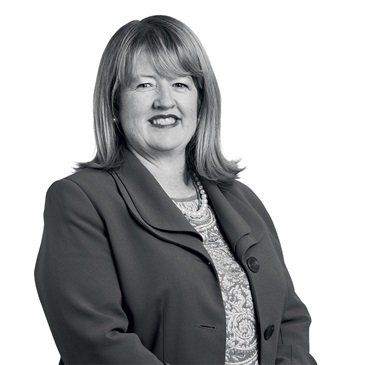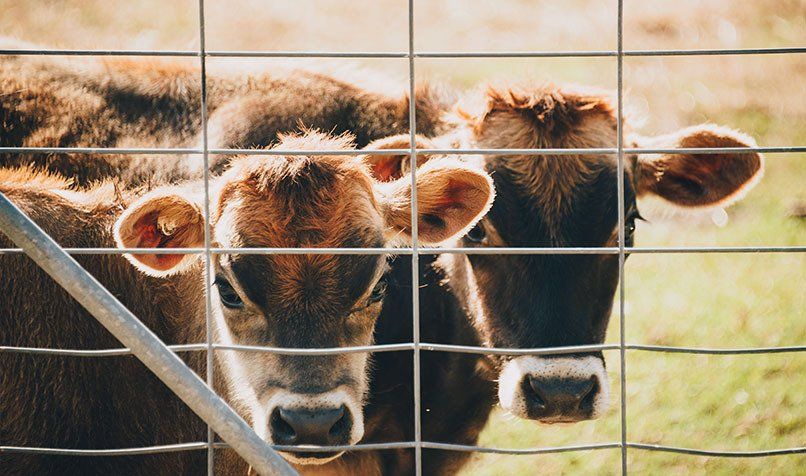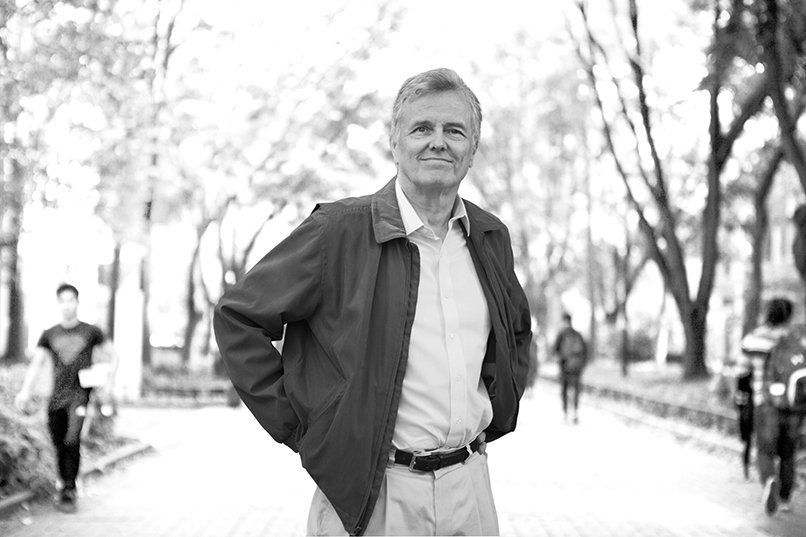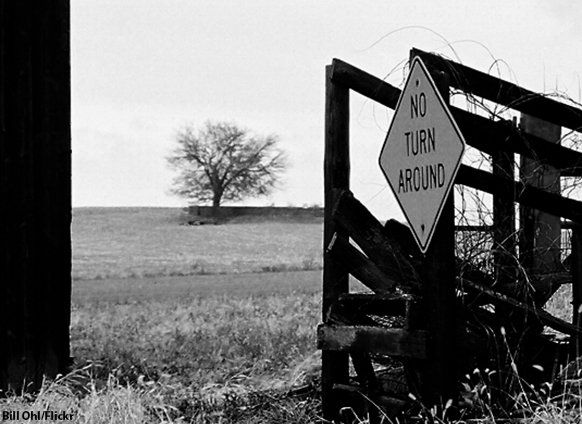Should you put more money into Super?

Do super funds still represent a safe bet for young Australians?
By
SUSAN MULDOWNEY
Should young Australians put money into superannuation or do they risk investing in a scheme that might not be around by the time they retire?
Australia's
superannuation industry is widely viewed as a secure investment. Personal contributions in the March quarter reached A$5305 million, up from A$3848 million last year. Super funds recorded their fifth consecutive year of positive returns in 2016, but do they still represent a safe bet?
Dr Elizabeth Ooi
Lecturer in finance, University of Western Australia Business School

The people who benefit most from super are those who are exposed to it for the longest. Compulsory contributions are an automatic mechanism for young people to save for retirement. As a financial goal, super is incredibly important, given the modern-day focus on omnichannel sources of income – investment and savings. Young people get the benefits of this without even having to be aware of the technicalities and advanced investment strategies of superannuation.
So the crux of this question is: How risky really is Australia's superannuation system and will it last?
The system has changed a lot since its beginnings and it's not unreasonable that some people may equate change with uncertainty. However, with each iteration or update, the goal is for the system to be stronger and more equitable.
"... the superannuation system is a cornerstone of our economy, thus money within the system is quite well protected." Elizabeth Ooi
We are lucky to participate in a super system that is internationally regarded as an exemplary retirement savings scheme. As much as we want people to have agency over their financial freedom, not everyone will be successful in their endeavours, and this is a safety net that many countries are envious of. More importantly, the superannuation system is a cornerstone of our economy , thus money within the system is quite well protected.
We should certainly expect – and encourage – continued evolution of the industry, but I believe we are unlikely to get to a point where the system will no longer be around. My answer, therefore, is yes, young people should put money into super.
Professional Development: SMSF Strategies: This course examines strategies that can be considered or used within an SMSF.
Paul Drum FCPA
Head of policy, CPA Australia

As Australia's super system is primarily based on enforced saving, the question for someone starting out is whether they should be putting more money into superannuation over and above what is compulsory.
Australia's super model is based on what could be best described as a 40- to 45-year long-term bet. A person keeps putting money into super over their working life in the belief, or hope, it will provide a better-quality lifestyle than they otherwise would have when they ultimately retire.
However, it is no sure thing. Whether the super system will be able to deliver better after-tax returns in 20, 30 or 40 years' time depends on myriad factors. For example, will super income retain its current tax concessional treatment or will this be changed by future governments?
Other legislative changes could also occur that would make super funds a less attractive conduit through which to invest, such as a reduction in the capital gains tax discount or an income tax discount on passive income derived outside of super.
"A super fund is not an investment in itself. It is one conduit through which to invest." Paul Drum FCPA
What is happening in the broader economy and the markets also ultimately dictates what investments are on offer, and impacts the rate of return your fund will be able to achieve over your life.
A super fund is not an investment in itself. It is one conduit through which to invest. Super itself is not a silver bullet either. It should be considered as one important component of a broader savings strategy – one that includes investing outside of the super model as well.
Noelle Kelleher
Chief financial officer, Vision Super

Superannuation in Australia is compulsory. Since the introduction of the super guarantee, superannuation has grown to A$2.3 trillion, rivalling the banking sector. It's not going anywhere.
The government can't afford for the system to fail – that's why funds are heavily regulated, and history shows very few have failed. Super fund trustees, by law, must act in the best interests of their members. They must ensure their funds are around when members retire, or that the members' benefits have been transferred to another fund that will be able to look after them.
Importantly, young people should be asking themselves how much they will need for a comfortable retirement. It may seem a long way away, but putting money into super is a smart way to save. The magic of compounding means the earlier you start the better the outcomes.
"It may seem a long way away, but putting money into super is a smart way to save." Noelle Kelleher
Even small additional amounts add up to enormous differences in retirement balances. Vision Super's super projection tool, for example, shows that a 28-year-old woman with a superannuation balance of A$20,000 and earning A$50,000 a year could retire with A$305,000 in super. If this young woman put in just A$25 extra per week (A$1300 per annum), she could retire with A$381,000 in superannuation.
Young people can take control of their super by being in a low-fee, all-profit-to-member fund like an industry super fund, making small extra payments, and making sure the investment option suits their stage of life.
The experts
Dr Elizabeth Ooi
Dr Elizabeth Ooi is a lecturer in finance at the University of Western Australia Business School. She completed a PhD at Monash University on the governance of pension funds. Her other main research interests are corporate governance, socially responsible investing and financial literacy. Ooi has taught courses in corporate finance and financial planning and, before becoming an academic, she worked in financial planning in Melbourne.
Paul Drum FCPA
Paul Drum has worked in the tax and business policy arena for over 30 years, principally in Australia but also in Malaysia, Hong Kong, Singapore, Indonesia and New Zealand. As head of policy at
CPA Australia , his portfolio covers tax policy, law and administration, as well as superannuation, business policy and education, and also representation and advocacy to governments and core government agencies. He is a Fellow of CPA Australia.
Noelle Kelleher
Noelle Kelleher has over 30 years' experience in the financial services industry, with a particular focus on superannuation. Before joining Vision Super in May 2013, she was a partner at Deloitte Australia. Kelleher has been involved in the development of policy and legislation affecting superannuation entities, their employers and their members. Since 2009, she has been a representative on the Australian Financial Reporting Council (the government body responsible for overseeing the effectiveness of the financial reporting framework in Australia). She is also chair of CPA Australia's Retirement Savings Centre of Excellence and a member of the Victorian executive of the Association of Superannuation Funds Australia (ASFA).







